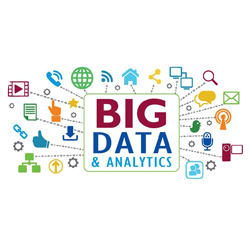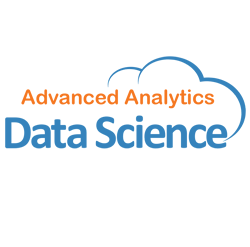
Data Analytics
Data is critical for decision-making, we continue to see the systems that support non-relational or unstructured forms of data, as well as massive data volumes, are maturing to operate well inside of Enterprise IT systems. SystemDomain’s Data Analytics practice has expertise to design, develop and implement the solutions which provides Data Modeling dashboards, reporting and visual data analytics with seamless integration into business applications. Our Services are:

Why is big data analytics important?
Big data analytics helps organizations harness their data and use it to identify new opportunities. That, in turn, leads to smarter business moves, more efficient operations, higher profits and happier customers.
The strength of our Big Data & Analytics practice is that our consultants combine exceptionally strong analytical skills with the ability to work collaboratively with our clients to solve complex problems and communicate recommendations in a straight forward manner.

SystemDomain services are ideal for businesses that want to understand why they’re losing ground to competition, or if they want to predict future earnings based on a number of converging factors: past performance, current and forecasted economic conditions, social media sentiment, website activity, etc. What sets our data scientists apart from others is our programming expertise—which we explore to manage large data sets—combined with our emphasis on business domain knowledge, which we leverage to guide our analysis.

As a Business Intelligence consulting leader, SystemDomain continues to expand and combine innovative analytics with reporting tools for building relationships around, and achieving valuable insights from structured, semi-structured, and unstructured data. Our BI consultants help you select, optimize and deploy an array of custom as well as pre-built analytics and reporting tools to help you understand your customers, brand, operations, competitors, and market opportunities.

Our specialists use new technologies including Hadoop, MongoDB, columnar databases, NoSQL, Cassandra, Pig, Hive,Map-Reduce, Natural Language Processing (NLP), and Impala, just to name a few. Businesses and organizations now have access to enormous amounts of data that come in and/or can be converted into a variety of forms: key-value pairs, documents, object notation, text, free-form language, columnar data etc.